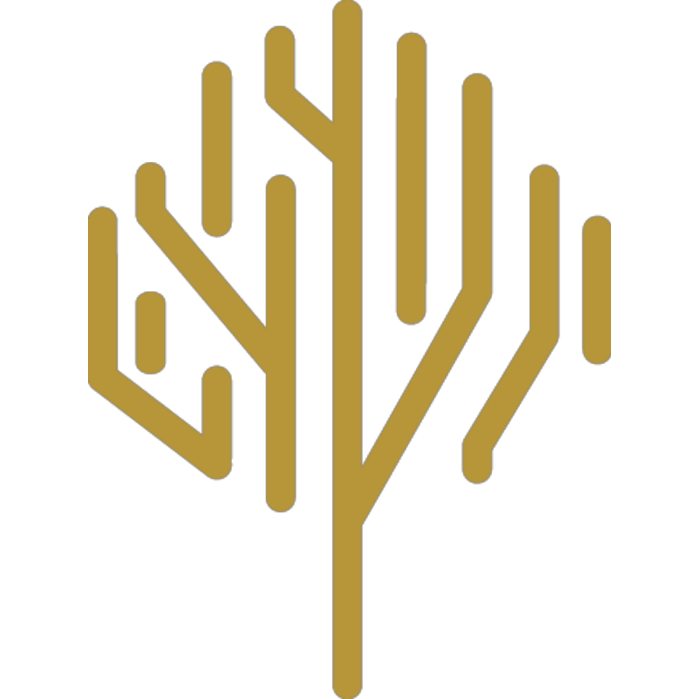Best Retirement Strategies for Small Business Owners

Being a small business owner has several advantages. You’ll be in control of your schedule. You get to build something that has meaning to you. Your business plan may even be about building a future for your family. And there is potential for you to boost your income.
Statistics from SCORE found that those 55 years old and up account for more than half of the small business owners in the U.S. That means many small business owners will be nearing retirement age in the next few years.
Many small business owners are consumed with the day-to-day operations of their enterprise. And it’s easy to put off your retirement planning, especially if it feels many years away. Research done by SCORE shows that 34 percent of small business owners do not have retirement savings set aside. A further 70 percent indicate they won’t be ready to
retire at 65, according to the US Chamber of Commerce.
But not having a plan can be detrimental for your future and the longevity of your company. It can lead to hasty decisions that may not be the best ones. According to the SCORE data, nearly 20 percent of small business owners state they will need to sell their business to pay for retirement. Yet, there is no guarantee that solutions will work. But there are better ways.
When it comes to deciding on your retirement plan, don’t plan on selling your business to fund it. Instead, consider different options that can help you build retirement assets. Doing that will allow you to create a legacy for your family rather than a business.

Retirement savings options for small business owners
We all wonder how much retirement savings we should have. But as a small business owner, you must know your options before you decide on a retirement plan that’s right for you. And there are several options that could work. But don’t be overwhelmed. Consider talking to an advisor about your situation and your retirement goals. They have the expertise to recommend the best decision for you and your business. Here are three of the top ways small business owners can start preparing for retirement.
Individual Retirement Account (IRA)
There are different types of IRAs out there that you can consider. A Simplified Employee Pension or SEP is a great fit for small business owners. These accounts allow for higher yearly contributions than a traditional IRA.
With a SEP IRA, you can contribute up to 25 percent of your earnings, or $58,000 a year. These accounts are easy to set up and are a great option for someone who is self-employed or has few employees. For small business owners who are closer to retirement, the ability to contribute higher amounts than other IRAs can be a significant advantage. It means that you’ll be able to save more and save faster. So, if you dream of retiring at 65, it is possible.
Owner 401K
These are also called one-participant 401k plans. They are best suited to small business owners that have no employees. You may also set one up for your spouse.
An owner 401K has the same rules as other 401K plans. That means your contributions are a percentage of your paycheck. The money you put into a 401K will be considered pre-tax money. In other words, you contribute a portion of your income before taxes are deducted. When you withdraw from your 401k, you will pay taxes on that money. Funds put into a 401k are usually invested in mutual funds, allowing you to earn some extra retirement income.
With an owner 401k retirement plan, you can contribute in two different ways:
- Elective deferrals – this can be up to 100 percent of your earned
income. The annual contribution limit depends on your age but could
be up to $26,000 if you’re over 50. - Employer nonelective contributions – for self-employed individuals,
contributions can get complicated. For those over 50 years old, you’ll
be able to contribute up to $61,000 annually starting in 2022.
Calculating your earned income involves deducting one-half of your tax and contributions for yourself. This is considered your net earnings as a small business owner. The IRS has published an article that walks you through calculating your retirement plan contributions. There are many ways to keep your 401k costs low while building for your
retirement. Talk to one of our advisors at IronOak Wealth about your options. We have providers that offer low-cost 401ks designed for small businesses. Our partners are committed to helping you get started with your retirement savings and will curb the costs in various ways, such as:
- No transaction fees
- Customized retirement plans to fit youLow-cost 401k
Many people don’t know there is a low-cost option out there to set up a 401k. Small business owners can gain some equality with larger organizations and companies, thanks to technology. Traditionally, 401K plans have been priced in four different ways:
- Asset-based fees
- Per-participant fees
- Transaction fees
- Flat fees
These fees cover many different aspects of your 401k, including
- Set-up costs
- Recordkeeping
- Trustee services
- Investment management fees
- Administration fees
- Termination fees
As fees can vary from provider to provider, you must ask about the costs involved. One way to keep costs low is to consider different investment options. Select a passively-managed index fund rather than have a company manage your investments. These 401ks can still offer some high returns that will benefit you when it comes time to retire.
- Automated portfolio management

Creating Your Retirement Plan
Being a small business owner has so many rewards, such as being in control of your finances and your future. Bearing the responsibility of planning for your retirement doesn’t mean you have to do it alone.
Contact IronOak Wealth today and let us help you create a retirement savings strategy that provides you peace of mind. Don’t simply wonder what the best retirement plan for small business owners is. Start yours today.





